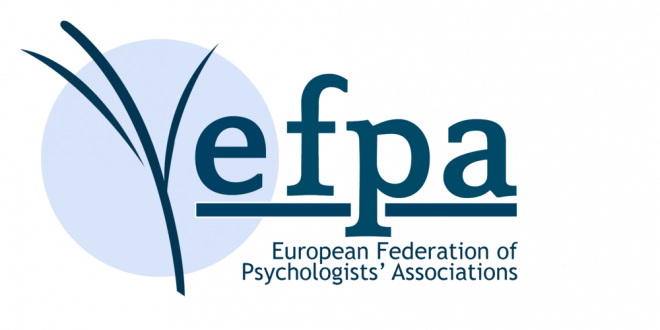This Guideline is based upon the EFPA Meta-code of Ethics approved by the EFPA General Assembly, Granada, July 2005 (https://www.efpa.eu/meta-code-ethics).
Psychologists have a responsibility to share their knowledge, insights and expertise with the public. Media (television, radio, internet, print-media) have become important sources of knowledge, opinions and power. By using the media, psychologists can disseminate their knowledge and aspire to contribute to the welfare of people.
Psychologists may have many objectives when dealing with the media, e.g.:
- to share information regarding various areas of psychology, research and services;
- to inform people about psychological services as well as the ways to obtain them;
- to play a part in the presentation of psychological challenges and problems by using media;
- to act as educators and informants to consumers;
- to support empowerment activities;
- to reduce uncertainty and stress in times of crisis in an informative way.
These underlying guidelines have been developed to support member Associations in developing national guidelines in order to:
- support psychologists who are appearing in public media to behave in an ethically sound way.
- respect and protect the rights of all people involved.

